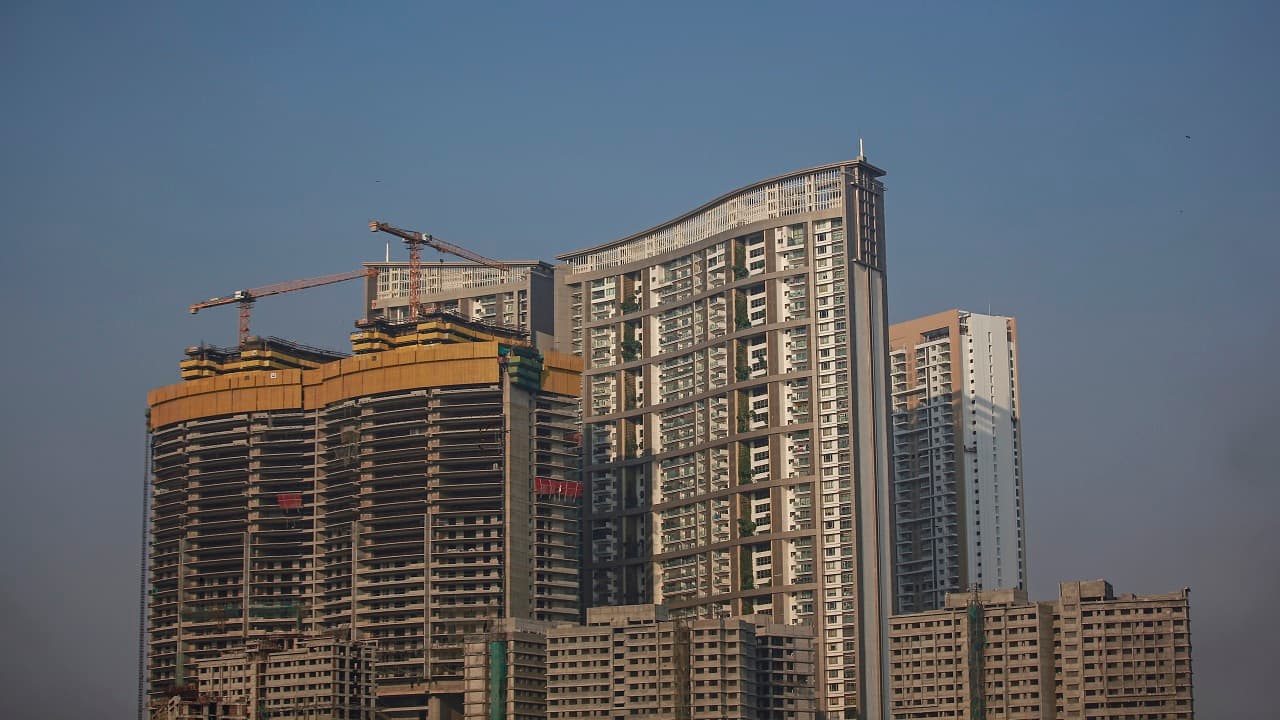One of the leading builders in Mumbai has decided to offer residential units at a 20 percent discount in a sign that the crushing slowdown wrought on real estate by the coronavirus pandemic might be finally forcing companies to mark down property prices.
Hiranandani Group, that has undertaken construction of iconic projects such as Hiranandani Gardens and Hiranandani Estate in Mumbai among others, sold a 559 sq ft (carpet area) unit for around Rs 86 lakh at Rs 15,472 a sq ft last week in its project One Hiranandani Park. A similar unit was sold in March — before the impact of COVID-19 was felt on the real estate industry — at a little above Rs 1 crore, or Rs 19,136 a sq ft, said people familiar with the matter.
In this particular project, the company has on offer 2 BHK units of size 505 sq ft. The 559 sq ft apartment sold last week was a corner unit.
Also read: Lodha Developers defers half salary of its employees by 3 months
"We have done many transactions at better rates too. It is one of those cases where a deal has been transacted at a lower rate due to a long-standing relationship shared with an existing customer,” the company spokesperson told Moneycontrol.
Property consultants Moneycontrol spoke to reveal that scores of deals are available at a 20 percent discount in Mumbai, the financial capital of India and one of the costliest property markets in the world. Reason: slow sales and pileup of unsold inventory.
In January, ready-to-move-in residential units - one in Ashoka Towers in Parel and the other in Omkar 1973 in Worli - were both available for around Rs 8.5 crore. Then coronavirus struck. The same units were available in May for Rs 7.5 crore and Rs 6.5 crore.
Also Read: Around 500 homes in Jaypee projects likely to be handed over within 3 months
Another villa located in Mumbai's Worli has been in the market for months now. The owner bought it for around Rs 40 crore a few years ago and was willing to sell it for about Rs 30 crore four months ago. Today, he is willing to sell it at Rs 20 crore. This translates to Rs 30,000 per sq ft, comparable to a high-end property in Gurgaon's Golf Course Road.
Real estate developers across India are sitting on an unsold inventory worth an eye-popping Rs 3,70,000 crore, according to a recent report by JLL. Mumbai tops the list of number of unsold units with 124,059 units compared with Delhi NCR’s 121,800, said JLL.
The pileup of unsold units is largely due to a reluctance by developers to reduce prices. Railways minister Piyush Goyal, HDFC chairman Deepak Parekh and banker Uday Kotak have nudged builders to relent on prices.
In recent weeks though, unsold inventory has been changing hands at a discount of 20 percent to 25 percent.
“It’s a simple difference between the quoted price and the amount at which the deal has finally been closed. This is true for heavy weight developers with fewer debt issues as well because of overall slow sales in the market and piled up ready inventory which builders want to offload and exit,” says a property consultant who did not want to be named.
In Delhi-NCR too, a handful of deals have been closed at a discount of 8 to 15 percent. A ready-to-move Mahindra Luminare property by Mahindra Lifespaces in Gurgaon recently sold for Rs 3.1 crore. Pre-COVID it was available for Rs 3.3 crore, according to brokers.
Madhurya Malik, a broker, told Moneycontrol that several ready-to-move-in bucket deals, largely consisting of top floors retained by a developer in Noida, have been sold during the lockdown. A 1,800 sq ft apartment along with a 1,300 sq ft terrace was offered at an all-inclusive price of Rs 75 lakh — a 15 to 20 percent discount — by the developer.
The Hiranandani Group was established in 1978. It is into real estate, education, healthcare, hospitality, leisure and entertainment. Some of its projects include Hiranandani Gardens located in Powai, Mumbai, Hiranandani Estate, Lake Enclave in Thane, Rodas Enclave in Thane located close to the Ulhas River, and Hiranandani Heritage close to Kandivali and Borivali Railway stations among others.
The firm invested about Rs 500 crore to develop a new housing project Regent Hill in Powai, Mumbai, last year. The group also announced an investment of about Rs 2,500 crore to develop 115-acre industrial and logistics park and Rs 1000 crore to develop its first data centre building under Yotta as part of an integrated township that the company is developing at Panvel in the outskirts of Mumbai.
Discover the latest Business News, Sensex, and Nifty updates. Obtain Personal Finance insights, tax queries, and expert opinions on Moneycontrol or download the Moneycontrol App to stay updated!










